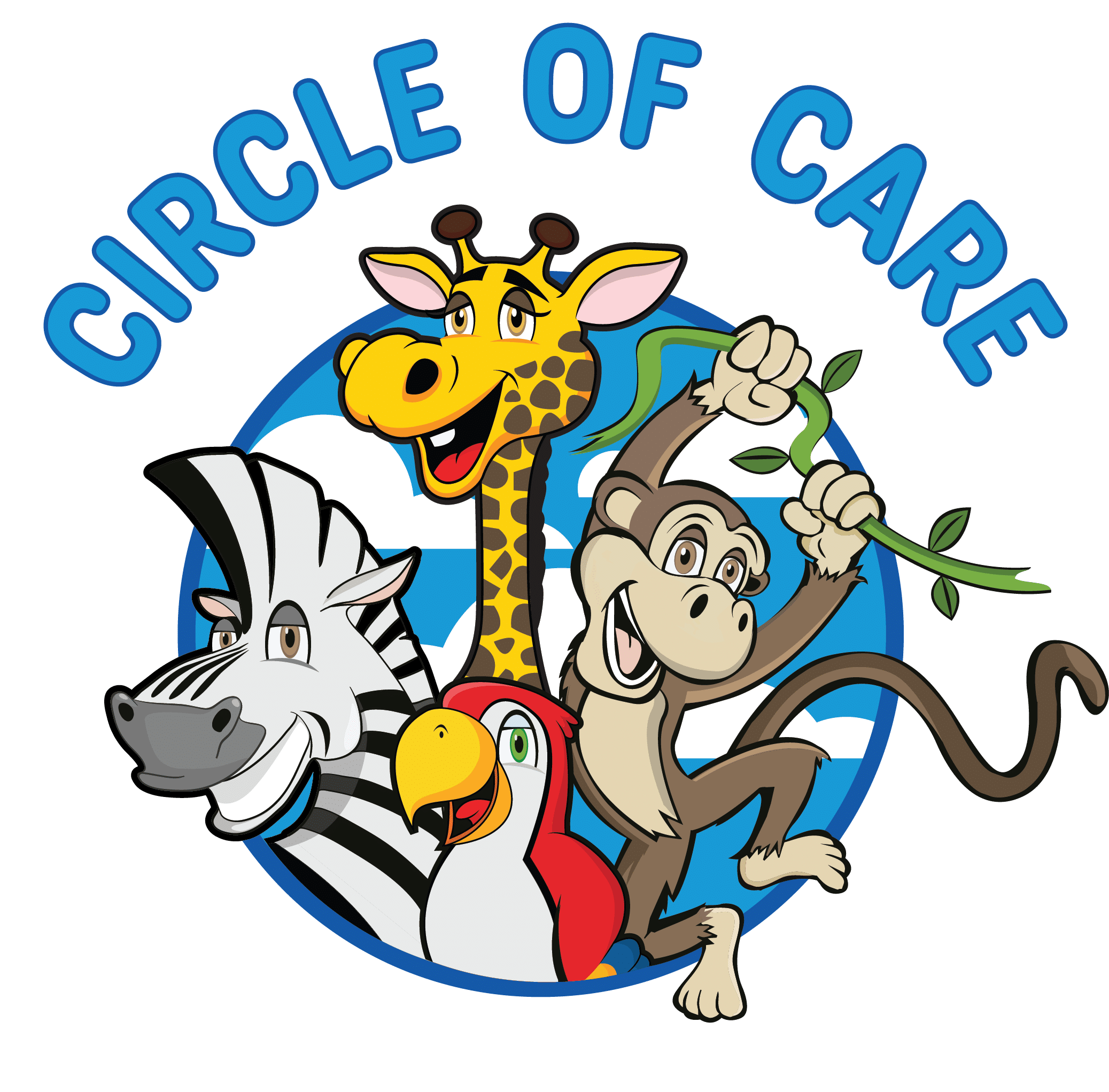Developmental Milestones in Early Childhood

Author: Circle of Care
As your child grows and develops, they will reach a variety of milestones. Understanding these milestones is important as they can help indicate whether your child is on track developmentally. By monitoring your child’s growth you will also be more aware of potential delays and difficulties.
What Are Developmental Milestones?
Developmental milestones are behaviors or physical skills that most children can accomplish by a certain age. Most developmental milestones are spontaneous, meaning they happen without any special help from parents or caregivers. Other milestones, such as talking and potty training, may require extra encouragement from adults.
The Importance of Developmental Milestones
Developmental milestones are a way to measure your child’s growth and development. They also give you an idea of the skills your child should be developing and when. The better in tune you are with your child’s development the earlier you can address potential concerns.
Early Childhood Developmental Milestones by Age
Early childhood is a crucial time for development, as this is when your child’s brain is growing the fastest. They are also developing physically, emotionally, and socially. Therefore, all of these areas are important to monitor.
One-Month-Old Developmental Milestones
At 1 month, an infant should be able to react to pain and produce a slight smile. They should respond to loud noises and hold their head up for brief moments. In addition, they should begin to exhibit cognitive abilities, such as sensation and movement, schemas, and accommodation. At this age, object permanence does not exist.
Two-Month-Old Developmental Milestones
At 2 months, eyes should be able to track an object at midline, or right in front of them, and an infant should have improved head and neck control. A child’s smile should also progress.
Four-Month-Old Developmental Milestones
At 4 months, eyes should be able to follow an object past midline. A child should be able to hold their head up, unsupported and begin trying to copy facial expressions.
Six-Month-Old Developmental Milestones
At 6 months, a child should be able to transfer objects between hands and roll over onto his or her back. A child may enjoy looking at themselves in the mirror, babbling, responding to their name, and exploring objects with their mouth.
Nine-Month-Old Developmental Milestones
At 9 months, a child may be hesitant near “strangers” and cling to parents or familiar people. Your child should be able to participate in common games, such as pat-a-cake and peek-a-boo as well. Lastly, repetitive responding and the beginning of speaking, such as saying “mama” or “dada” should be evident.
One-Year-Old Developmental Milestones
At 1 year, a child should be able to use gestures like waving “bye-bye,” crawl, pick up items using a pincer grasp (between thumb and pointer finger), and pull up or stand independently.
- Try to imitate words
- Stack 3-4 blocks and exhibit hand preference by 18 months
- Follow one-step instructions without gestures
- Display object permanence, or remembering where objects are hidden
Two-Years-Old Developmental Milestones
At 2 years, a child should be able to kick a ball, notice when someone is sad or upset, and stack six blocks. He or she should also be able to run in a childlike manner, turn a doorknob, and aim and toss a ball. Other two-year-old milestones include:
- Display selfishness, possible aggressiveness, and saying “no” frequently
- Find comfort in some objects, such as teddy bears and blankets
- Receptively identify common objects, such as body parts
- Can use two-word sentences such as “Play car”
Three-Year-Old Developmental Milestones
At 3 years, a child should be able to copy a circle, stack nine blocks, and put some clothes on independently. Toilet training should also be evident at this stage with bowel and bladder control. Other three-year-old developmental milestones include:
- String items together, such as beads
- Use a fork
- Form complete sentences
Four-Year-Old Developmental Milestones
At 4 years, a child should be able to brush his or her teeth, say sentences with four or more words, and answer simple questions. He or she should also be able to throw overhand and imitate adults. Other four-year-old developmental milestones include:
- Catch a large ball
- Hold utensil or pencil between fingers and thumb
- Begin engaging in pretend play
- Talk about something that happened during their day (e.g., Today we had a field trip to the zoo).
Five-Year-Old Developmental Milestones
At 5 years, a child should be able to properly trace a square on paper, hop on one foot, button some buttons, and be toilet trained. He or she should also be able to:
- Catch a ball using two hands
- Write some letters in his/her name
- Count to ten
- Answer questions about a book or story after being read to them
- Ask about the meaning of words
How to Identify Developmental Delays in Early Childhood
If a child does not reach the milestones for his or her age group, it could be indicative of a developmental delay. Developmental delays can arise from many different causes, such as physical disabilities, intellectual disabilities, emotional disturbances, and disruptions in the home environment. If you suspect that your child has a developmental delay, it is important to consult a professional.
How Circle of Care Can Help Your Child
If you believe that your child struggles with developmental milestones, Circle of Care provides diagnostic and pediatric therapy services, such as pediatric physical therapy or pediatric speech therapy. Our team of compassionate and certified therapists will help your child’s growth by providing comprehensive and individualized care. Contact us today to learn more about our speech, physical, and occupational therapy services, or to schedule a consultation.
Learn More About Our Pediatric Therapy Services at Circle of Care
